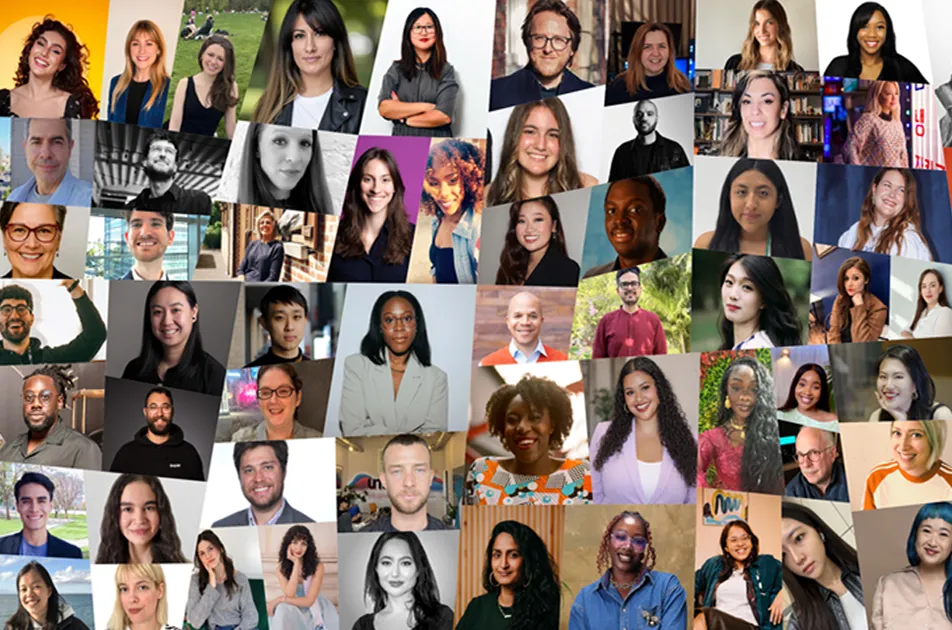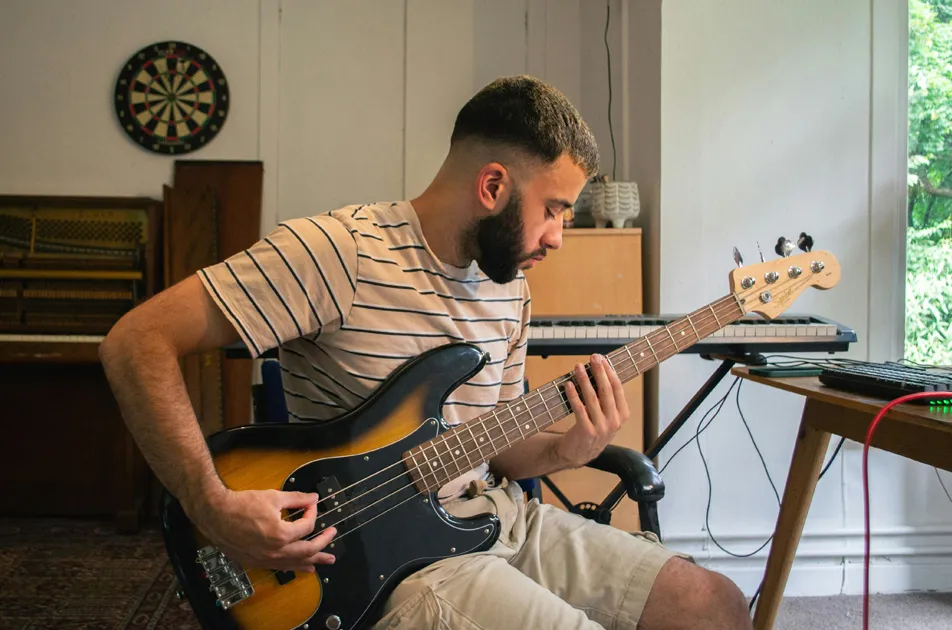Rollo & Grady are an "online music publication and music supervision, licensing, and production company" based in Los Angeles and they've been doing an excellent series of interviews with music supervisors. This post features quotes by music supervisors explaining how they find indie music for placements in tv and movies. It's the second in a series that began with Music Supervisors Explain How They Find Indie Music For Movies And TV. Part 3 will continue next week with more excellent insider info from Rollo & Grady.
I'm also planning on finding out more about music placements in advertising and videogames. For now, you can check out Hisham Dahud's post How To Get Your Music Into Video Games.
Rollo & Grady's interviews with Music Supervisors are well worth a read not just to understand how to catch their attention but also to understand the world in which they live and work. Having that context will help you in your future interactions with music supervisors. The interviews include useful info for those considering careers in music supervision.
Rollo & Grady are also in the Music Supervision game and state:
"If you are a filmmaker or television producer looking for a music supervisor, or an artist looking for song placement please contact us at:
rollogradyproductions@gmail.com."
MUSIC SUPERVISORS ON HOW THEY FIND INDIE MUSIC FOR TV & FILM
KCRW DJ Thomas Golubic co-supervised music for HBO's Six Feet Under and is the supervisor for Breaking Bad. His comments include references to his former business partner, Gary Calamar, also a KCRW dj.
R&G: What's the best way for an independent artist to submit music to you?
"We are so overwhelmed that going to us directly is generally not a good idea. We get sent so many emails every single day that it gets to the point that if we don't know who you are or what the context is, we're probably not going to put the time into researching it. I think the smartest way in general is for people to reach out to licensing representatives, because licensing representatives will do specific searches based on specific criteria we will send out to them, and they themselves become filters…"
"If somebody is talented, licensing companies can make sure that the artist's music is licensable [regarding co-writing and samples, in particular] and that it's been prepared for a professional environment…HBO and AMC are multimillion-dollar corporations. They can't afford to have a lawsuit happen because I didn't do my research."
R&G: When you are searching for music, do you use music blogs or the Hype Machine?
"Hype Machine is great. Music blogs in general are great. In many ways, I find more music that way than I do through some of the resources I reach out to. They're terrific."
KCRW DJ Gary Calamar, former business partner with Thomas Golubic, co-supervised Six Feet Under and supervises for True Blood, House and Dexter. He got his break placing music for the movie Slums of Beverly Hills back in 1999.
R&G: What's the best way for an independent artist to get on your radar?
"That's also very tough. Again, I don't have a great answer for that, but just put out great music. To get onto one of my TV shows, do music that's appropriate for one of my shows. True Blood has a certain sound to it; Dexter has a certain sound to it; Men of a Certain Age does. So it's certainly good to do your homework to see what kind of music I use on these projects and to pitch music to me that is appropriate…"
"I'd like to say that I listen to everything that comes in, but it's just impossible for me to do that, so sometimes I'll hear of a band three different places in one week. I start to think, 'Oh, I'm starting to hear more about this band. It sounds like they'd be worth checking out.' I'll go ahead and check it out."
Liza Richardson supervised Friday Night Lights and such films as Lords Of Dogtown and Y Tu Mamá También.
R&G: What's the best way for independent or unsigned artists to get on your radar?
"I hate to say it, but to cold call me probably isn't the best way because I don't have a reference for it and I don't have time to listen to a ton of blind emails from bands I've never heard of. The best way to get on my radar is to be a great band and to get somebody excited about you. I try to pay attention to what people are digging…"
"There are, however, times when I come across something randomly. I don't even know how it happened and I'm just blown away and I haven't heard of it and I don't know anybody who knows it. There are just so many different ways that things get into my heart. There's no set way."
In Part 3, the music supervisors all have other approaches to finding music. Being ubiquitous appears to be as important for catching the ear of music supervisors as it is to building a fan base.
More:
- Music Supervisors Explain How They Find Indie Music For Movies And TV [Part 1]
- Music Supervisors On Finding Indie Music For Movies & TV Shows [Part 3]
Hypebot Features Writer Clyde Smith maintains his business writing hub at Flux Research and blogs about dance at All World Dance. To suggest topics for Hypebot, contact:
clyde(at)fluxresearch(dot)com.




